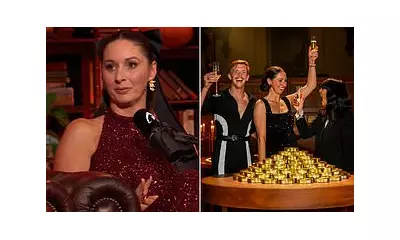
A wave of astonishment is sweeping across Britain as a centuries-old piece of linguistic etiquette, hidden in plain sight, goes viral on social media. Many are only just discovering the true, formal meaning behind the common title 'Mrs'.
The revelation began when users on platforms like Twitter and Facebook started dissecting the traditional honorific. It turns out that 'Mrs' is not merely a label for a married woman but is actually a direct abbreviation of the word 'Master's' – implying a woman is the 'property of her master', i.e., her husband.
A Lesson Hidden in History
This etymological deep dive has unearthed a practice rooted in patriarchal history, where a woman's identity was formally tied to her husband's status. The discovery has sparked widespread debate, with many expressing shock that such a term remains in common use today.
Meanwhile, the neutral title 'Ms', which does not denote marital status, was introduced in the 20th century as a more modern and equitable alternative. However, 'Mrs' and 'Miss' have stubbornly persisted in everyday language, from formal invitations to official documents.
A Modern Etiquette Dilemma
The viral discussion has left many Brits pondering the implications of their chosen title. Comments from social media users reflect the surprise, with one person stating, "My mind is blown. I had no idea about the origins of 'Mrs'".
Another added: "This is why I've always used 'Ms'. It feels so much more appropriate and respectful in the modern world."
The conversation is driving a broader rethink about the language we use unconsciously every day and whether it's time to fully embrace more neutral terminology.





